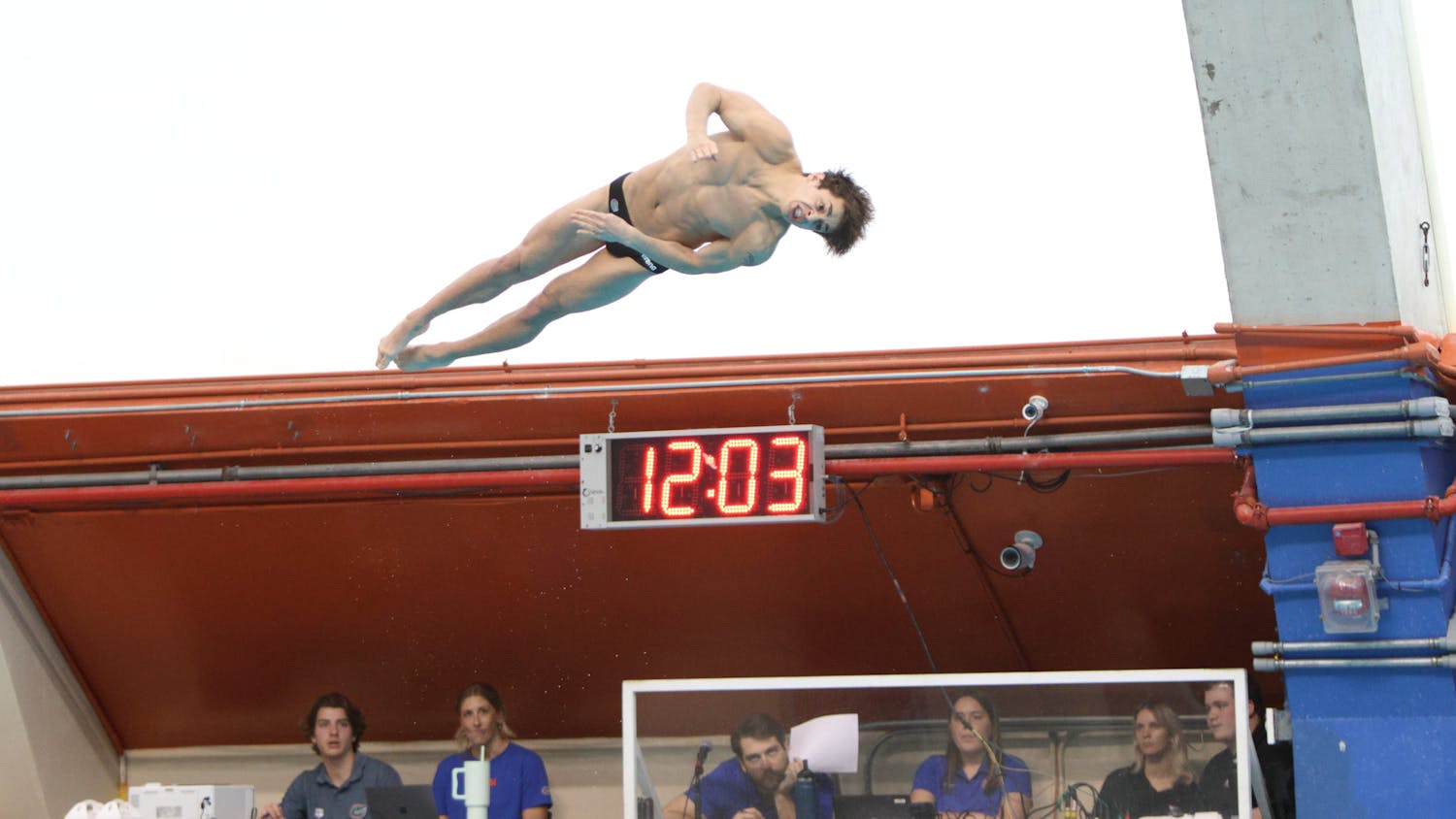Preamble: I am not in favor of lies, deceit and dishonesty. I am merely here to explain why I think cheating is more than what your professors would like to have you think, and in which circumstances I find it understandable.
Let me start with a story. I once had a civics teacher who taught me about the separation of powers and the system of checks and balances. One day, this same civics teacher punished my friend John, whom he saw copying the definition of due process from my worksheet rather than the book, giving us both an F on the assignment.
Back then, I was a precocious brat who liked giving authority figures a hard time. (Now I’ve found that’s called being a journalist.) Our teacher began to lecture us on the immorality of cheating and how I was just as bad as he was for letting him copy my definition and try to pass my work off as his own.
I rolled my eyes and said, “Sir, I copied that definition from the book like we’re supposed to. Whether John copied it from the book or my paper, his answer and methodology were going to be the same. How is that any less valid than what I did?”
“He didn’t follow the directions of the assignment,” said my teacher.
“Right, but how is that cheating? I do not understand how the source of his answer — given that it wasn’t supposed to be him — makes it cheating. And even further, you punished us without due process, exercising your unilateral power over our grades based on your judgment alone. That hardly seems like something the Founding Fathers would approve of.”
I got sent to the principal for that. My perception of the classroom had been shattered. It was no longer a place for learning; instead, it was a dictatorship where the professor assumes the role of plaintiff, judge and jury. I no longer believed the education system to be objective.
Teachers have always been telling me just how immoral plagiarism and cheating are, and yet their tests contain questions without verbs or their essay topics are overly broad.
For instance, my sophomore English teacher assigned me an essay on “how to end stereotypes.” Doing that assignment adequately would win you a Nobel Peace Prize.
No teacher listened whenever I’d voice my concerns, no matter how obnoxiously I did so. Teachers often believe in their tests more than they believe in you, and there’s nothing you can do to challenge them.
When I got to college, this problem only got worse. I watched professors of weed-out classes ignore legitimate concerns of students to maintain the proper bell curve needed to deflect any accusations of grade inflation. When these professors didn’t address students’ concerns, the students had nowhere else to turn.
In a system where justice comes from a biased person who has stakes in the judgment and who has no incentive to be fair, I think cheating offers the only way for students to empower themselves. This is not to say that I advocate cheating (or that I cheat myself), but without cheating, students can only watch their grades go down when professors do unfair things — such as telling students certain material won’t be on the test and then test you on it or assigning essay topics students aren’t able to adequately tackle.
In most circumstances, cheating is wrong. But until there is a method to hold professors accountable for unfair practices, I think cheating can be a justifiable equalizer of power in the classroom. Not that it matters because professors will simply disregard the point without giving it a second thought and fail cheaters under the guise of moral superiority.
Chip Skambis is an English and telecommunication junior at UF. His column appears on Mondays.





